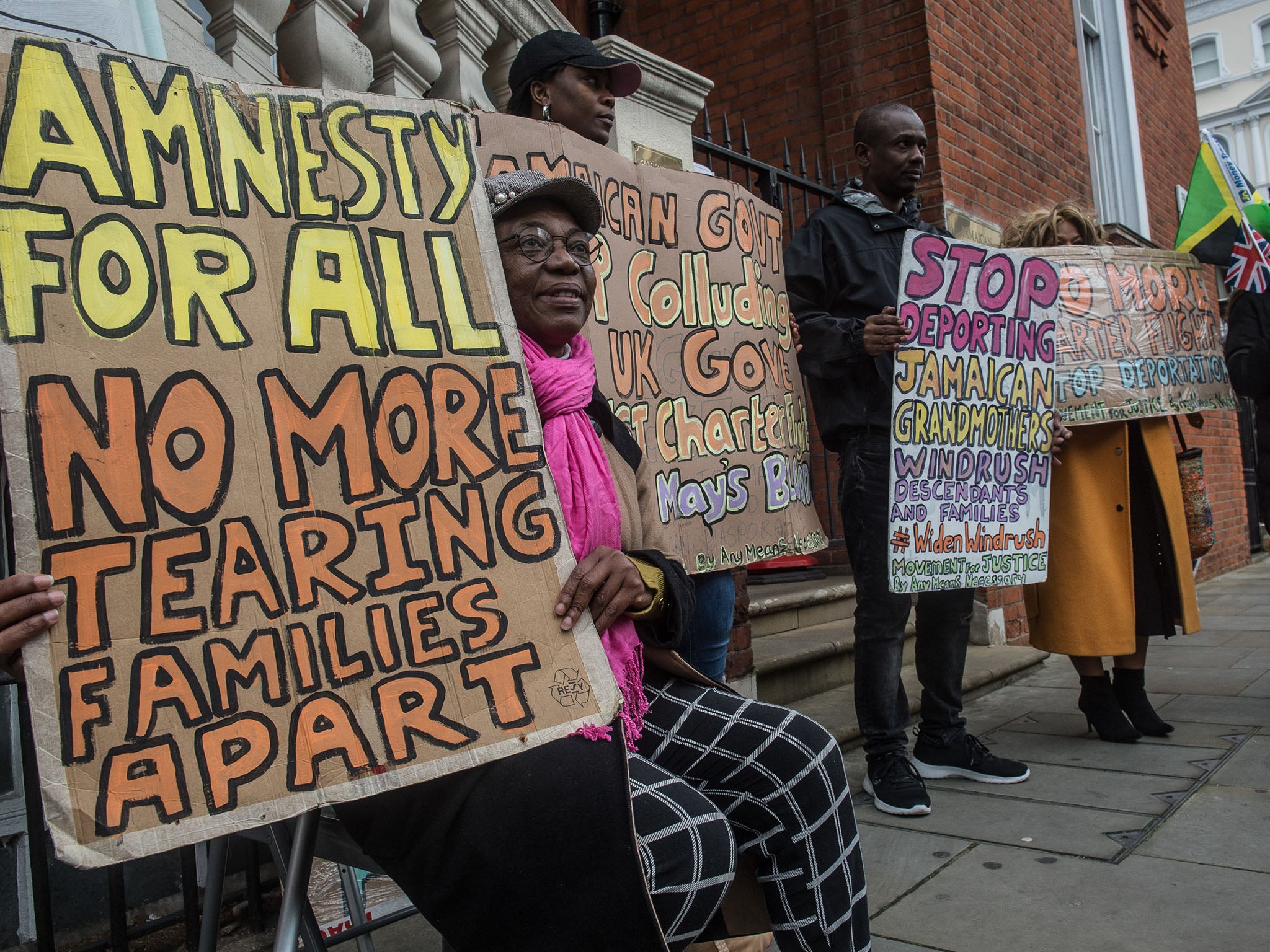We deserve better than Boris Johnson's latest ‘us versus them’ battle in the courts
Editorial: The decision to remove people from a deportation flight to Jamaica was not a political one: the prime minister should adopt a new approach

The deportation of 17 “foreign national offenders” to Jamaica has been a sorry saga. Boris Johnson’s government has seized on the affair to advertise its toughness on both crime and immigration, while portraying Labour as soft on these issues.
Not satisfied with that, the prime minister is now trying to exploit the controversy a third time, by using it to justify his controversial plans to clip the judiciary’s wings. A paragraph in the Conservative Party manifesto in December said: “After Brexit we also need to look at the broader aspects of our constitution: the relationship between the government, parliament and the courts.” The Tories pledged: “We will ensure that judicial review is available to protect the rights of the individuals against an overbearing state, while ensuring that it is not abused to conduct politics by another means or to create needless delays.” A constitution, democracy and rights commission would examine these issues in depth.
When judicial review is used to protect the rights of people who have lived in the UK since they were children, the government seems to take a rather different view. True, some of those it wanted to deport have committed serious offences and might have been deemed a risk by the criminal justice system. But some have shown no sign of reoffending since their release from prison, have families in the UK and have no links with Jamaica. One is said to have served in the British army in Afghanistan and to suffer from post traumatic stress disorder. Mr Johnson is frustrated that last-minute legal action halted the deportation of 25 of those due to be sent to the Caribbean.
In his inimitable style, Dominic Cummings, Johnson’s senior adviser, claimed the Court of Appeal’s move was “a perfect symbol of the British state’s dysfunction”. He called for “urgent action on the farce that judicial review has become”, saying the support for the court ruling among MPs “shows they still haven’t understood what the last few years has been about. The country outside London is horrified but rich London is cheering the lawyers.”
Yet this was not a political decision by the judges. They were persuaded that some of those due to be deported might not have been able to defend themselves, as they could not use their mobile phones due to a malfunctioning mast.
Johnson allies insist that their agenda is not a revenge attack on the Supreme Court for its explosive landmark ruling last year that his decision to suspend parliament for five weeks was unlawful. But as they take every opportunity to cast the judiciary as enemies of the people, it is difficult to draw any other conclusion.
Instead of his petulant, knee-jerk response, the prime minister should listen to the legal figures inside his government who are urging caution. In what sounded rather like a valedictory speech on the eve of a cabinet reshuffle, the attorney general Geoffrey Cox went off Downing Street’s message by talking up the merits of a bill of rights. He rightly opposed US-style political appointments to the Supreme Court, but floated a halfway house, similar to the Canadian system, under which MPs and peers might interview potential senior judges. That might be a step down a dangerous road.
The lord chancellor, Robert Buckland, said last weekend he would be “extremely worried” if judges were asked about their political views during the selection process. He told BBC Radio 5 Live: “It is bound to be part of discussion but I as lord chancellor can tell you I do not want to see a situation in this country where we have political appointment of judges ... I believe the independence of the judiciary is part of the cornerstone not just of the rule of law, but of our democracy as well.”
Mr Buckland is right. The constitution, including the relationship between parliament, the executive and the judiciary, is too important to become part of a populist, Trump-like “us versus them” approach to government which Mr Johnson is adopting. He should call off his attack dogs.
Join our commenting forum
Join thought-provoking conversations, follow other Independent readers and see their replies
Comments